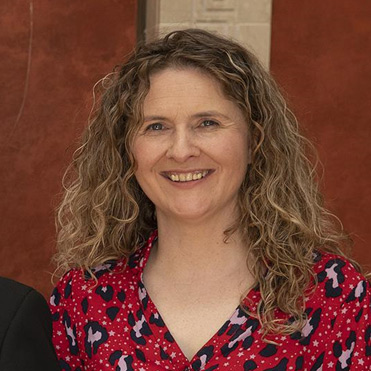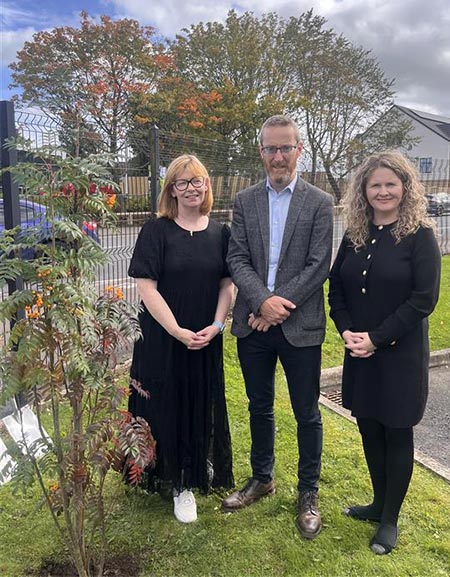

Countdown to Conference 2025

By Emma Murtagh, Vice-Chair (Policy) RCGPNI and a GP partner in Kerrsland Surgery, East Belfast
As colleagues in England faced the prospect of a cessation in funding to the NHS Practitioner Health service in 2024, a decision that was subsequently reversed, GPs in Northern Ireland looked on with incredulity as it shone a spotlight again on clinicians in NI and the support (or more accurately lack of support) available to them in times of crisis. The recent announcement that funding will continue for a further three years, ensuring this vital service remains available to the NHS workforce in England, further highlights the deficit here.
At present, Northern Ireland is the only nation on these islands to be without a commissioned, confidential NHS mental health service for doctors (indeed, for any healthcare professional), and we look with envy at the services available to our colleagues in England, Scotland, Wales and ROI.
It would be unwise to assume that the lack of a service is due to a lesser need - doctors in NI are not immune to burnout, mental illness or addiction; available evidence would actually suggest we are struggling more than our counterparts in other regions.
Our work is beyond challenging. We have the longest waiting lists and the highest levels of deprivation in the UK. We have the highest prescribing rates of anti-depressants in the UK, felt to be due to the devastating 30-year long conflict and the inter-generational trauma which has grown from this, coupled with the aforementioned deprivation. As well as serving our society by providing healthcare, many of our staff have been exposed to these same external traumas, compounded with the moral distress and injury caused by working in a healthcare system under interminable pressure, such as ours.

The most recent GMC workplace experiences report, released in July, reveals that doctors in NI have significantly more negative workplace experiences than those in other parts of the UK. 26% of doctors in NI are deemed to be at high risk of burnout, compared to an 18% UK average, and 54% of doctors in NI felt that it was difficult to provide the level of care a patient needed at least once per week, compared to the 40% corresponding UK average. In the same survey, GPs were the most pressured group of all doctors, with 60% of all GPs in UK finding it difficult to provide care at least once per week.
While we don’t have a breakdown of figures for GPs in NI, we can safely assume that the statistics for the most pressured medical speciality in the most pressured region of UK would make for grim reading. As part of a wide-ranging consultation with our members across NI while preparing our 2024 report ‘A Workforce Fit for the Future’, we heard many reports of GPs suffering from mental ill health and burnout which led to them ‘quietly quitting’ General Practice long before retirement.
The launch of Doctors in Distress in NI in April 2025 was welcomed and much needed- however this doesn’t fill the void left by the absence of a practitioner health service here.
On 17 September, RCGP and Doctors in Distress held a tree planting ceremony in Belfast to mark National Suicide Memorial Day for Health and Care Workers (pictured). Let’s hope that when we commemorate this day next year, our clinicians who are struggling will have access to a service which may save their life.
Thank you for your feedback. Your response will help improve this page.